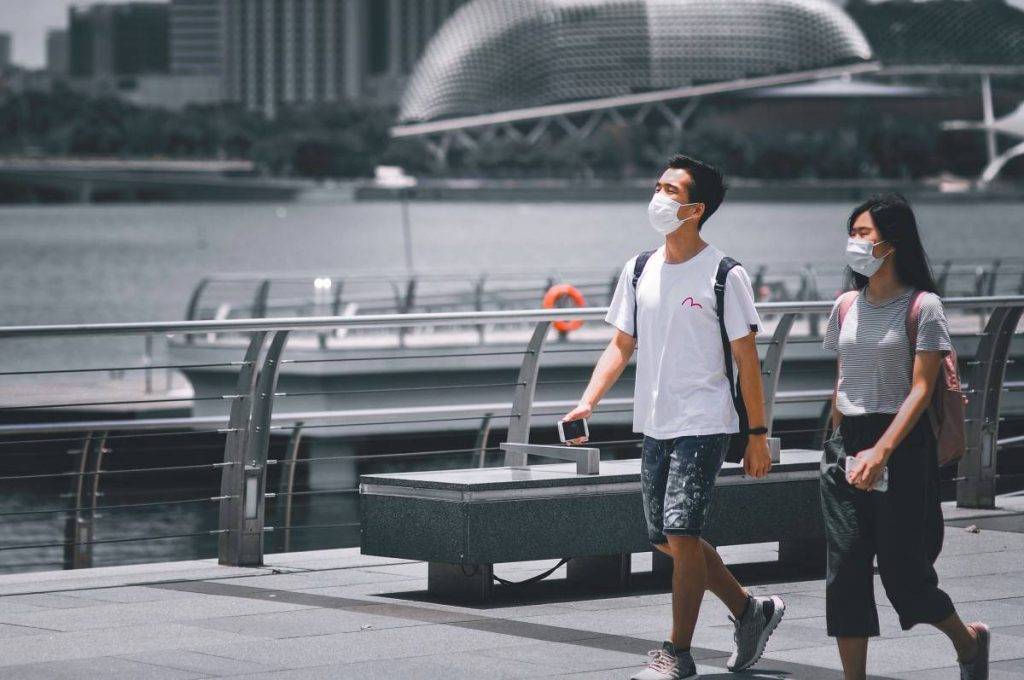Welcome to Medical Channel Asia’s regular segment, the weekly Asian medical news bulletin. Each week, we will bring you essential medical news from within the region to keep you informed about the healthcare industry.
This week, we will look at Singapore’s new plan for healthy ageing, lifting of the pandemic status across Southeast Asia and alarming air pollution levels in Bangkok.
Philippines
The Philippine Department of Health and the Philippine National AIDS Council have developed a plan to address the high number of cases of HIV and AIDS in the country. The strategies were formulated with the 7th AIDS Medium Term Plan. The strategies will cover these pillars: Prevent, Treat, Protect, Strengthen, and Sustain. According to the DOH, 12,859 HIV cases and 878 deaths were reported in the Philippines from January to October 2022.
The Department of Health has warned the public about the health risks of consuming frozen eggs sold as an alternative to fresh eggs due to a shortage of egg supply and rising prices. The department stated that frozen eggs can be a source of contamination and advised the public to consume fresh eggs.
Singapore
Seniors and their caregivers in Singapore will receive additional support through the 2023 Action Plan for Successful Ageing, launched by the Ministry of Health. The plan comprises initiatives such as funding support to encourage seniors to work and volunteer, as well as programs and infrastructural improvements to help seniors stay connected. With over 900,000 seniors expected by 2030 and over 83,000 expected to live alone, the plan offers financial assistance and support against workplace discrimination for caregivers and more activities to keep seniors active in the community.
The program is an effort to help seniors lead healthy, secure and fulfilling lives as they age. Singapore aims to promote senior health through preventive measures, active aging programs, and care services, with a focus on dementia management and helping citizens live at home instead of in hospitals.
Thailand
Air pollution has surpassed safe levels in Bangkok and surrounding areas, causing health concerns. The PM2.5 level in the capital city reached 14 times the recommended level by WHO, making it the 6th worst in the world. Stagnant weather and vehicle emissions have contributed to the spike. Authorities are advising residents to work from home and limit outdoor activities, including school activities to prevent impacts on health. Residents have reported poor visibility and difficulty breathing. The current PM2.5 level in the area is 70.5 micrograms per cubic meter, while the recommended level by WHO is 5 micrograms per cubic meter.
Malaysia
The health industry crisis in Malaysia continues to escalate. The Malaysian Medical Association (MMA) is calling for the Ministry of Health to use the results of a healthcare professional survey that shows a crisis in the country’s healthcare system to speed up reforms. MMA President, Dr Muruga Raj Rajathurai, said that problems that don’t require funding or time, such as improvements to the work environment and work-life balance, should be addressed immediately. He also hopes that the new Budget 2023 will provide resources for enhancing healthcare human resources. The survey by CodeBlue, an online health news site, found that 95% of healthcare workers believe the country’s public healthcare system is in “crisis” and 80% are overworked and underpaid. Meanwhile, Health Minister Dr Zaliha Mustafa, in her remarks at the 152nd Session of the World Health Organisation Executive Board Meeting, said Malaysia is committed to addressing critical gaps in health emergencies and will continue to work closely with WHO members.
Vietnam
Microsoft has announced a partnership with Vietnamese firm VinBrain to develop AI-powered healthcare services. The two companies will concentrate their efforts on three key areas of healthcare AI: data sharing, cross-product validation, and research and development. In addition, VinBrain will utilize Microsoft’s Azure Cognitive Services for computer vision to test new deep-learning models.
Indonesia
Health Minister Budi Gunadi Sadikin announced that he will consult with the World Health Organization (WHO) in March about the possibility of lifting Indonesia’s public health emergency status. The situation of COVID-19 in Indonesia continues to improve and the government intends to declare the end of the pandemic through stages of consultation with the WHO. The country is set to roll out COVID-19 vaccinations for children under six starting in the second quarter of this year, as per the announcement from Indonesia’s health ministry. The government has so far carried out COVID-19 vaccinations based on age categories and over 204 million people across the country have received the first vaccine dose, with more than 175 million receiving the second dose and 69 million receiving the third dose. The elderly and people who work in the healthcare sector have been prioritized to receive the fourth dose or the second booster vaccine.

